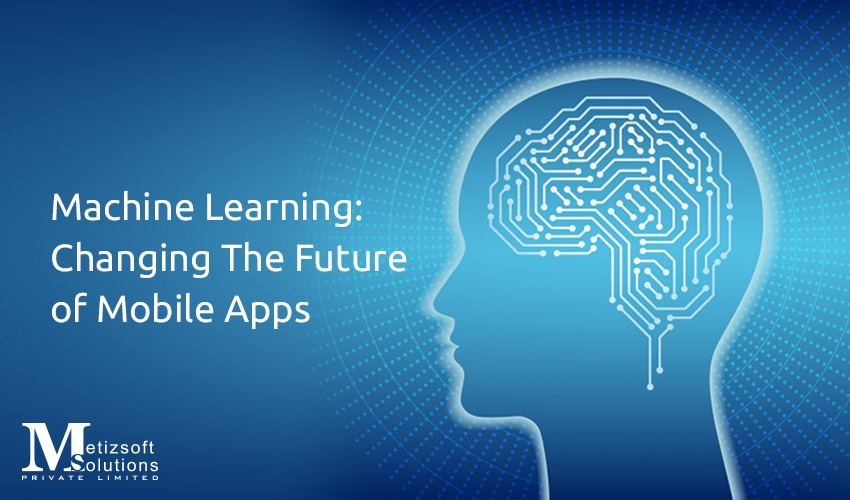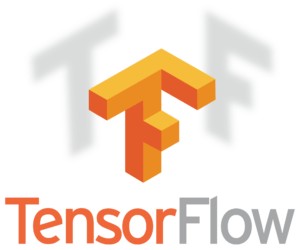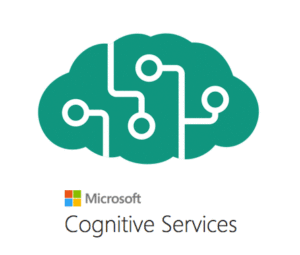
Not so long ago, the world changed its paradigm by a few degrees, as smartphones and mobile applications made an introduction. While it may have seemed like nothing could possibly trump that technology, it came to the concept of ML which is machine learning. No more is an explicit routine of programming required for a mobile app to optimally perform its tasks.
With machine learning, these apps can easily have data both collected, analyzed, and drawn conclusions based on all analyses and previous experience.
Machine learning has been gaining a lot of attention in the market, primarily because it is a subfield of AI (Artificial Intelligence).
Recommended Reading: Creating Animations for Mobile Apps
App developers all around the globe are intrigued by the very concept of ML, and using it to develop smart applications with minimum lines of code, no big data, and on-device processing.
ML is considered one of the most significant areas of the app development process, thanks to its high proficiency in cognitive learning and pattern recognition. Here are the top ML frameworks that you should definitely know about…
Table of Contents
ML – The Future of Mobile App Development
- Google TensorFlow
This is a framework by Google, which is being used to create Deep Learning models, which are a class of ML that use ANN (Artificial Neural Networks) to make the machines progressively and improve their tasks.
Tensorflow has been based on a computational graph that comprises a nodal network.

Every node herein represents a function, which could either be a really simple one, or a complex operation in itself.
Many of the popular Google services that we use today, including Google Recognition, Google Photos, and Google Search are able to provide such intuitive results, thanks to Tensorflow.
This framework is also known to be mature enough for mobile app developers to use it with various platforms, like iOS, Android, Windows, and so on.
- Amazon ML Service
Another extraordinary ML framework has been landed on the world by Amazon, which offers developers wizards and visualization tools to build machine learning models without having to use too complicated algorithms.

These models make sure that the APIs can automatically give predictions based on the model, without having to use any custom prediction generation code. As far as the Future of mobile app development goes, this framework works well with both Android and iOS operating systems.
- Core ML by Apple
Next is a machine learning framework launched by Apple that has been used across a wide range of Apple products, which include Quick Type, Camera, and Siri.
Machine learning has been used in this piece of technology, to create apps that perform tasks that an average human eye would.

With features enabling face tracking, barcode detection, object tracking, text detection, and even face detection, this Core ML framework is being used extensively to design high-performance computer vision ML features in mobile apps.
Moreover, there are other features, such as language identification, lemmatization, tokenization, and such that are being offered as part of the Natural Language Processing APIs to get a better understanding of a given text.
Today, many companies are ready to hire iOS app development experts, who can make intelligent apps after carefully choosing from various ML models, like MobileNet, Squeezenet, Places205-GoogLeNet, and so on.
- Microsoft cognitive services
Microsoft’s cognitive toolkit which doubles as a framework for machine learning offers algorithms for Deep Learning. There are many widely used services provided by Microsoft, like Skype, Bing, Cortana, Xbox, and so on which have been developed using this toolkit.
Allowing developers to use languages, such as C++, Python, and Brain script, which are arguably some of the most familiar computer languages, is the best thing about it.

There are also some APIs and other cognitive services that are being leveraged, in order to create smart applications for Linux and Windows.
Some of the examples are – Computer vision API which doesn’t only observe an image, but also the content in it, and further generates tags and other important information based on the observation.
Content Moderator API which efficiently tracks, flags, assesses, and filters out any content that may be unwanted or offensive in any way to a business. Face API helps developers access face algorithms, quite advanced in technology, in order to enable face recognition and then attribute detection.
- Caffe Deep Learning Framework
This open-source framework first came into existence at UC Berkeley, by Berkeley AI Research and other community contributors.

One of the most widely used CNNs (Convolution Neural Networks); the Caffe Deep Learning framework allows the recommender system, machine vision, image classification, and much more.
Its popularity primarily stems from its pre-trained ML model, Model Zoo, which can perform a variety of tasks with perfection. Platforms, such as Windows, Linux, and Mac comfortably run various hardware, while switching between GPU and CPU via a single flag.
A limitation of this framework lies in not being able to perform tasks related to computer vision, like text, time, or sound series.
In conclusion
ML was always intended to and is now being anticipated to bring massive changes in not just the field of IT, but all over the globe. Every mobile app development services provider company is today on the constant lookout to have developers who can work comfortably on such frameworks, and help in creating unique ML-based mobile apps.
AboutChetan Sheladiya
Related Posts
Hybrid vs. Native- Which is the Ultimate Solution for App Development?
As we know, people these days are increasingly dependent on mobile apps for their routine tasks. The number of mobile phone...
What is the Future of Mobile Shopping?
With the advancement of technology, there is rapid growth in mobile usage. With the rise of mobile usage, mobile commerce is...




